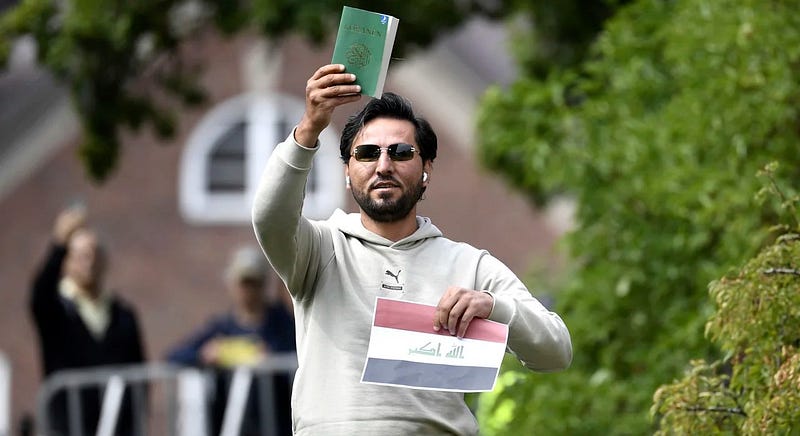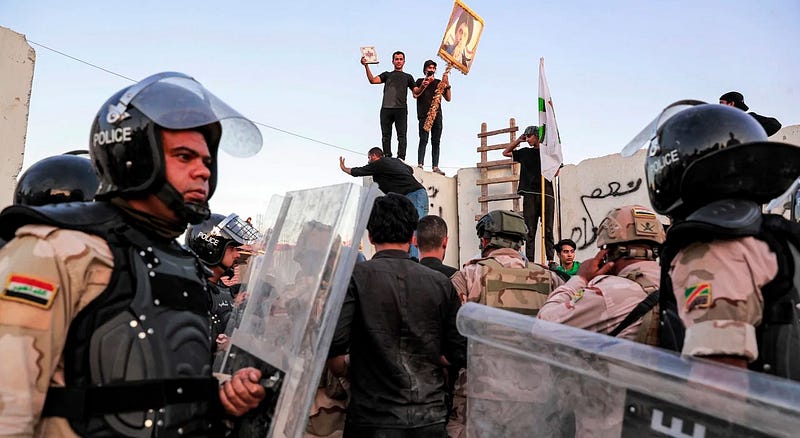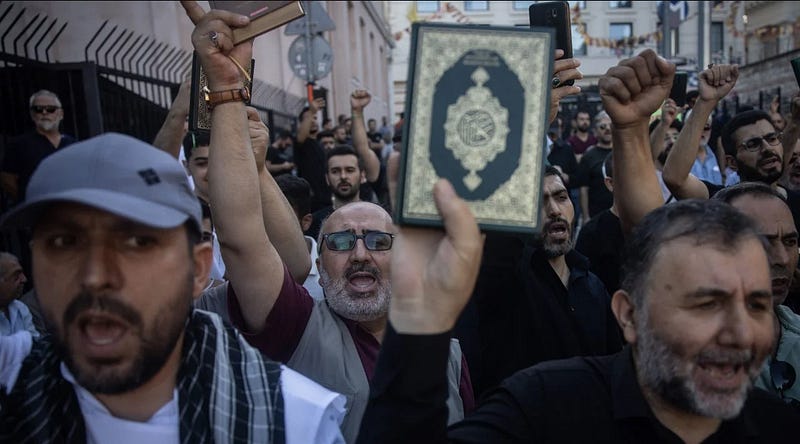
Recent Quran-burning protests in Sweden and Denmark have resulted in outrage among Muslim-majority countries, heightened security fears domestically, and raised questions about the two nations’ liberal laws on freedom of speech.
The controversy began in June when Sweden allowed a protester to burn a Quran outside a mosque in Stockholm during Eid-al-Adha, causing Turkey to express its anger and jeopardize Sweden’s bid to join NATO. Additionally, similar incidents occurred in Copenhagen, Denmark, where Qurans were burned outside foreign embassies.
While some protests were carried out by individuals, far-right groups with growing influence were also involved. The Organization of Islamic Cooperation (OIC), representing 57 Muslim states, held an emergency meeting condemning Sweden and Denmark for permitting such protests under the guise of freedom of expression.
Both Sweden and Denmark have a long-standing commitment to freedom of speech, without any blasphemy laws. However, the recent events have prompted them to reconsider their approach to protect national security and address geopolitical concerns.

Currently, the governments are exploring legal avenues to prevent such protests, as they lack the ability to ban them outright. Danish Foreign Minister Lars Lokke Rasmussen stated the government’s intention to find a legal tool to prevent Quran burnings near foreign embassies, while Sweden’s Prime Minister Ulf Kristersson announced that his government is analyzing the legal situation to strengthen national security.
Previously, both countries faced crises surrounding freedom of speech, such as the Danish newspaper’s publication of caricatures of Prophet Mohammed in 2005 and the attempted attack on Swedish cartoonist Lars Vilks in 2007. However, they refrained from tightening free speech laws in response to these incidents.
The diplomatic fallout of the Quran-burning protests comes at a sensitive time for Sweden, which is experiencing its most serious security situation since World War II. Sweden’s formal application for NATO membership was hindered by objections from Turkey, citing alleged Swedish complicity in Quran-burning protests. Although Turkey eventually approved Sweden’s NATO bid, it awaits formal ratification in the Turkish parliament.

Sweden’s Civil Defense Minister, Carl-Oskar Bohlin, has also raised concerns about Russia-backed actors attempting to exploit the situation and spread misinformation about Sweden’s involvement in the desecration of holy scriptures.
Both nations now grapple with the delicate balance between upholding freedom of expression and safeguarding national security amid a complex geopolitical landscape.